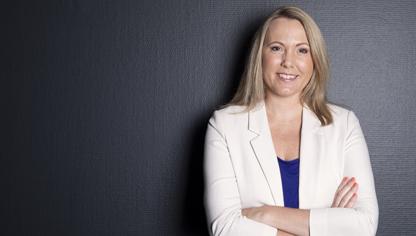Receive Focus insights straight to your inbox
Siyanda Xaba, an Investec employee, was diagnosed with a rare form of liver cancer at the age of 27 years old. In fact, it was so rare that drugs needed to be flown in from the UK to save her life.
Siyanda was one of the lucky ones who had medical aid in place, but this generally only covers up to 80% of the costs, leaving patients to deal with co-payments on treatments that escalate into thousands of rands. In fact, according to the Cancer Alliance, the average cost of specialty cancer medicines in South Africa is R23,533 per item.
In addition to medical bills, there are often hidden like childcare, home nursing, and lost income and savings that add additional stress on the cancer patient.
The distress caused by out-of-pocket costs facing cancer patients has been termed “financial toxicity” by the medical fraternity.
Physicians in the Oncology journal write that financial toxicity can significantly impede your quality of life: “Out-of-pocket expenses related to treatment are akin to physical toxicity, in that costs can diminish quality of life and impede delivery of the highest quality care.”
In this podcast, we explore some of the financial options available to alleviate this stress and examine the medical and psychological aspects of Siyanda’s cancer journey.
The podcast is the third and final episode of an Investec Life series on women’s health that shares stories of Investec women who have conquered cancer. The campaign seeks to share expert insights on the disease, and why women need to invest in their health by ensuring they have the right cover in place.
Part 3: Overcoming the financial toxicity of cancer treatment
This wide-ranging podcast looks at a potential solution for the high cost of cancer treatment, as well as the psychological and medical aspects of the disease.
Cancer on the rise in South Africa
Liver cancer is one of the lesser-known cancers in women, even though Sub-Saharan Africa has one of the highest incidence rates in the world.
In South Africa, The Lancet projects a 78% increase in cancer cases by 2030, due to rapid urbanisation, pollution, an ageing population, endemic viral infections and increasing obesity rates.
Watch Siyanda's story
About the author

Ingrid Booth
Lead digital content producer
Ingrid Booth is a consumer magazine journalist who made the successful transition to corporate PR and back into digital publishing. As part of Investec's Brand Centre digital content team, her role entails coordinating and producing multi-media content from across the Group for Investec's publishing platform, Focus.




